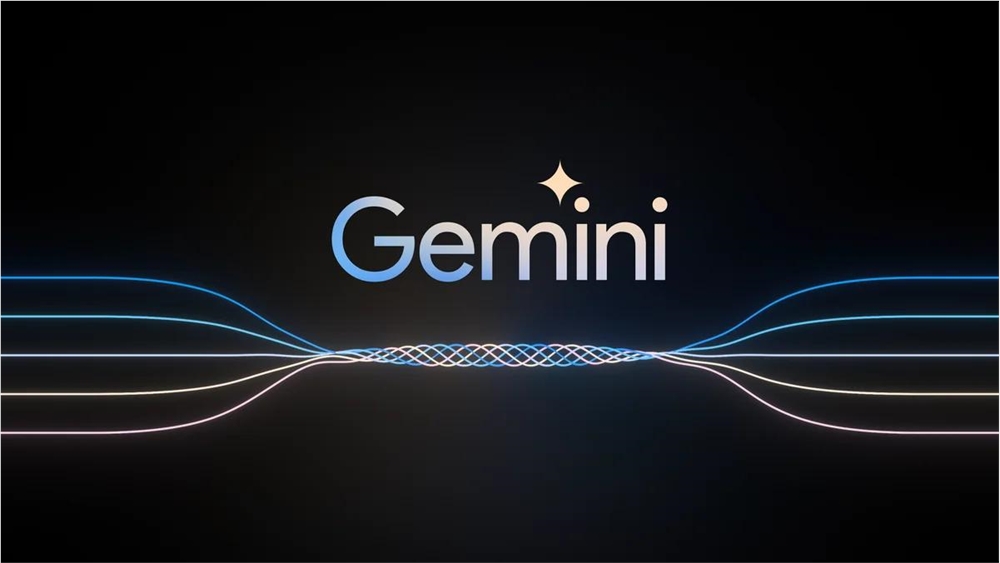Google CEO Sundar Pichai recently expressed confidence in the company's new generation AI technology Gemini, calling it "the strongest on the market" and setting an ambitious goal: attracting 500 million users by the end of 2025. This move is intended to compete with competitors such as ChatGPT and consolidate Google’s leadership in the field of AI. However, the challenges are still huge. How to increase user attention based on technological leadership will be a key issue facing Google in the future. This article will delve into the current status, goals and future challenges of Google Gemini.
In the latest report, Google CEO Sundar Pichai expressed strong confidence in the company’s self-developed Gemini AI technology. He believes that Gemini's capabilities have surpassed its main competitors in the market and become the "most powerful" AI technology on the market. However, he also pointed out that Google still needs to make more efforts to make consumers really pay attention to this technology.

Pichai recently revealed to employees that his goal is to have Gemini's chatbot attract 500 million users by the end of 2025. This goal seems quite challenging because the current market leader ChatGPT has reached approximately 300 million weekly users. Although Google is one of the pioneers in the field of AI and began investing in chatbot technology many years ago, it was caught off guard when ChatGPT was launched at the end of 2022 and quickly began to catch up.
Currently, Gemini does not generate significant revenue for Google, but its importance cannot be underestimated. With the gradual application of AI technology in search engines and advertising businesses, Google must maintain its technological leadership to ensure a place in the increasingly competitive market. Pichai has also said that 2025 will be a critical turning point, and Google needs to speed up its pace to cope with increasing competition, regulatory pressure and a rapidly changing technology environment.
He emphasized: "We must deeply understand the current urgency and focus on promoting technological changes and solving users' practical problems." This statement not only conveyed Google's expectations for the future, but also demonstrated a clear understanding of current market challenges. Know.
Google's efforts in the field of AI are not only related to the technology itself, but also closely related to future business models and market competition. Pichai's vision is obviously not limited to the launch of products, but hopes to set a benchmark in the industry through Gemini and bring long-term competitive advantages to Google.
Whether Google Gemini can achieve its ambitious goals will depend on its ability to effectively improve user experience and respond to strong pressure from competitors. The final success or failure will not only affect the future of Google, but also have a profound impact on the development of the entire AI industry.